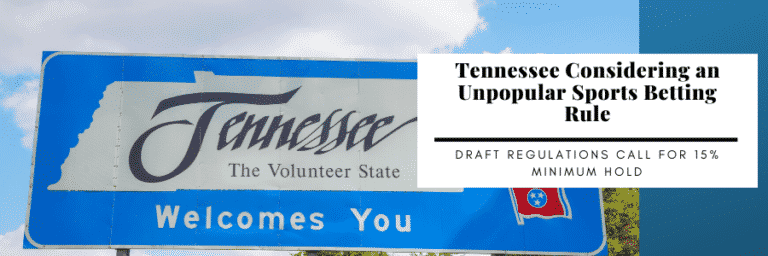IGT Files Suit Asking The DOJ To Clarify Its Position On The Wire Act

The 1961 Wire Act is back in the news after the lottery and online gambling provider, IGT, announced it is suing the Department of Justice and Attorney General Merrick Garland. The 18-page complaint seeks a declaratory judgment on the Wire Act, noting the court ruling from earlier this year only applies to New Hampshire.
The filing states, “IGT requests a declaratory judgment that the 2018 [Office of Legal Counsel] opinion is contrary to law and that the Wire Act applies only to ‘bets or wagers on any sporting event or contest.’ ”
The supplier notes that lottery and online casino communications inevitably cross state lines, and the continued existence of the 2018 DOJ Office of Legal Counsel opinion places IGT’s business in jeopardy.
The Wire Act Enters the Online Gambling Debate
The US doesn’t lack absurd gambling laws, but there is only one champion for upheaval and uncertainty: The 1961 Wire Act. Written more than 20 years before the internet existed, the Wire Act has been forced into action to deal with online gambling.
As Michelle Minton wrote in her , the law initially intended to go after organized crime’s “most profitable racket—bookkeeping on horseracing and sports gambling by prohibiting such gambling on the nation’s communication system at the time (telephone and telegraph).”
The ill-fitting law has only jumbled the situation and created a pinballing effect that seems to jump from one pole to another every decade.
The Many Interpretations of the Wire Act
The first instance occurred in 2002 when the Department of Justice Criminal Division responded to Nevada gaming regulators’ request concerning a recent law the state passed that opened the door for online gambling. The response from the DOJ was, “[T]he Department of Justice believes that federal law prohibits gambling over the Internet, including casino-style gambling.”
In 2011 the Office of Legal Counsel produced a favorable opinion, resulting in the , “… interstate transmissions of wire communications that do not relate to a “sporting event or contest,” 18 USC. § 1084(a), fall outside of the reach of the Wire Act.”
And in 2018, the OLC reversed course and issued a new opinion that reads in part:
“While the Wire Act is not a model of artful drafting, we conclude that the words of the statute are sufficiently clear and that all but one of its prohibitions sweep beyond sports gambling. We further conclude that that the 2006 enactment of UIGEA did not alter the scope of the Wire Act.”
The 2018 opinion was challenged by the New Hampshire Lottery, which prevailed at the District and Appellate level before the Biden administration decided to stop fighting what was looking more and more like a lost cause.
However, the decision not to appeal the ruling leaves the Wire Act’s applicability open to interpretation. Nothing stops the DOJ, now or at any point in the future, from issuing more opinions that bounce between yes it does and no it doesn’t.
Considering the Wire Act’s sordid history with online gambling, it’s easy to understand why IGT would seek further clarity, even though the current climate is favorable. And if it receives those assurances, it can then present them in court the next time an administration decides to shoehorn online gambling into the Wire Act.







